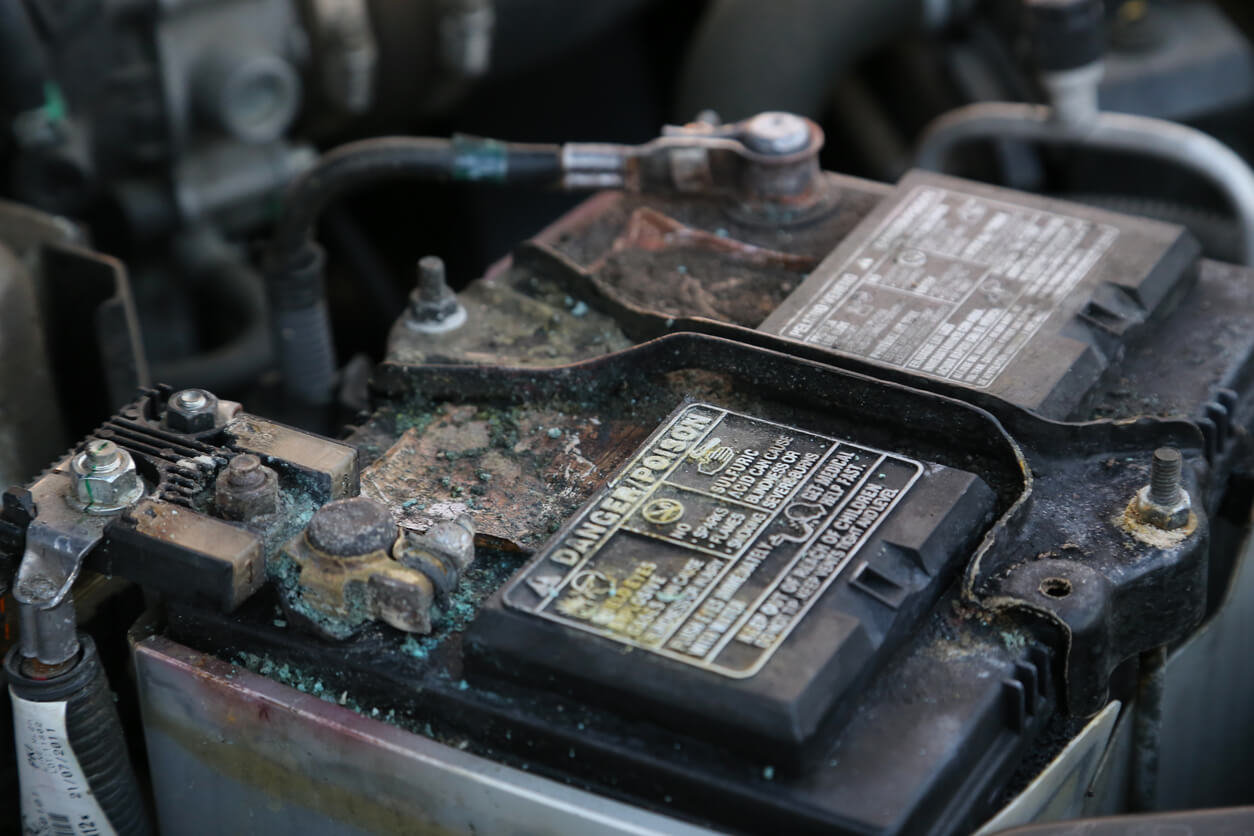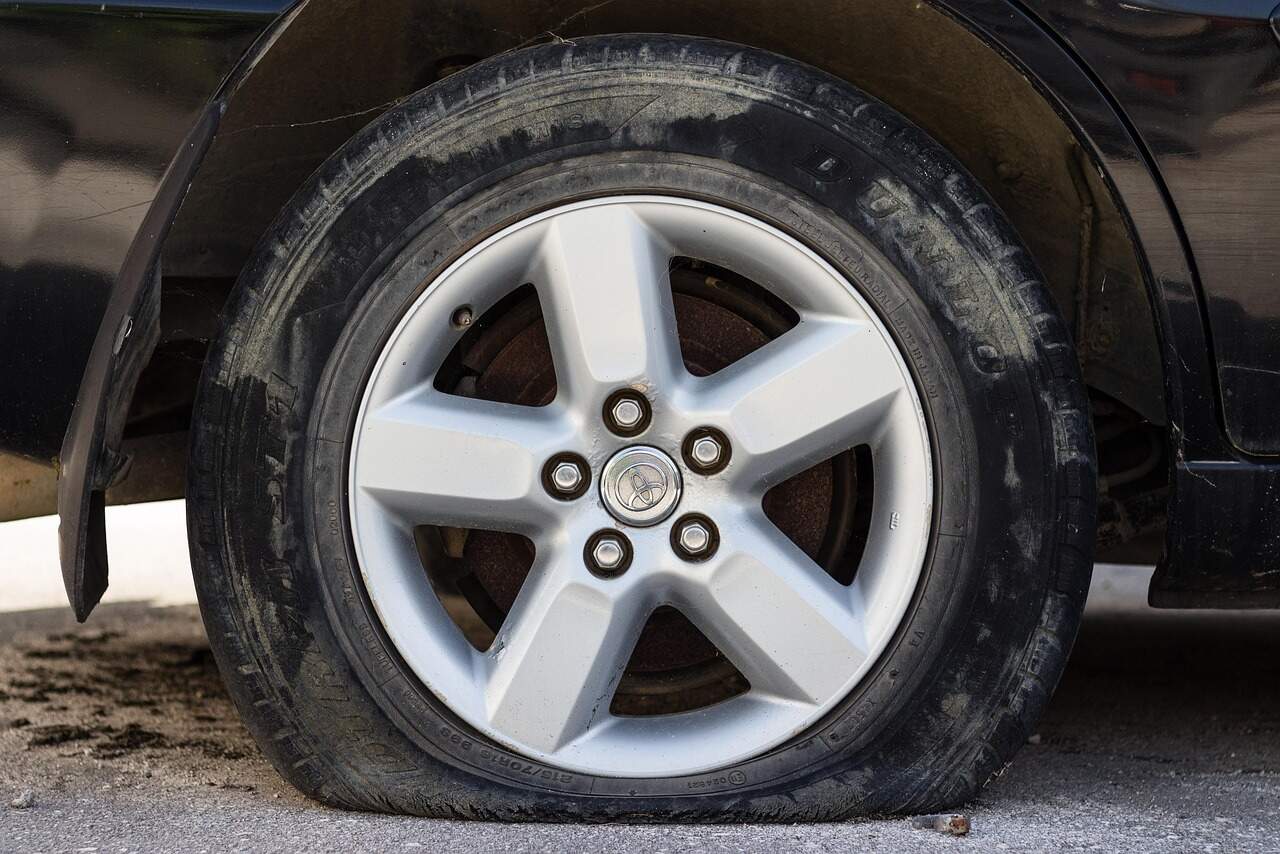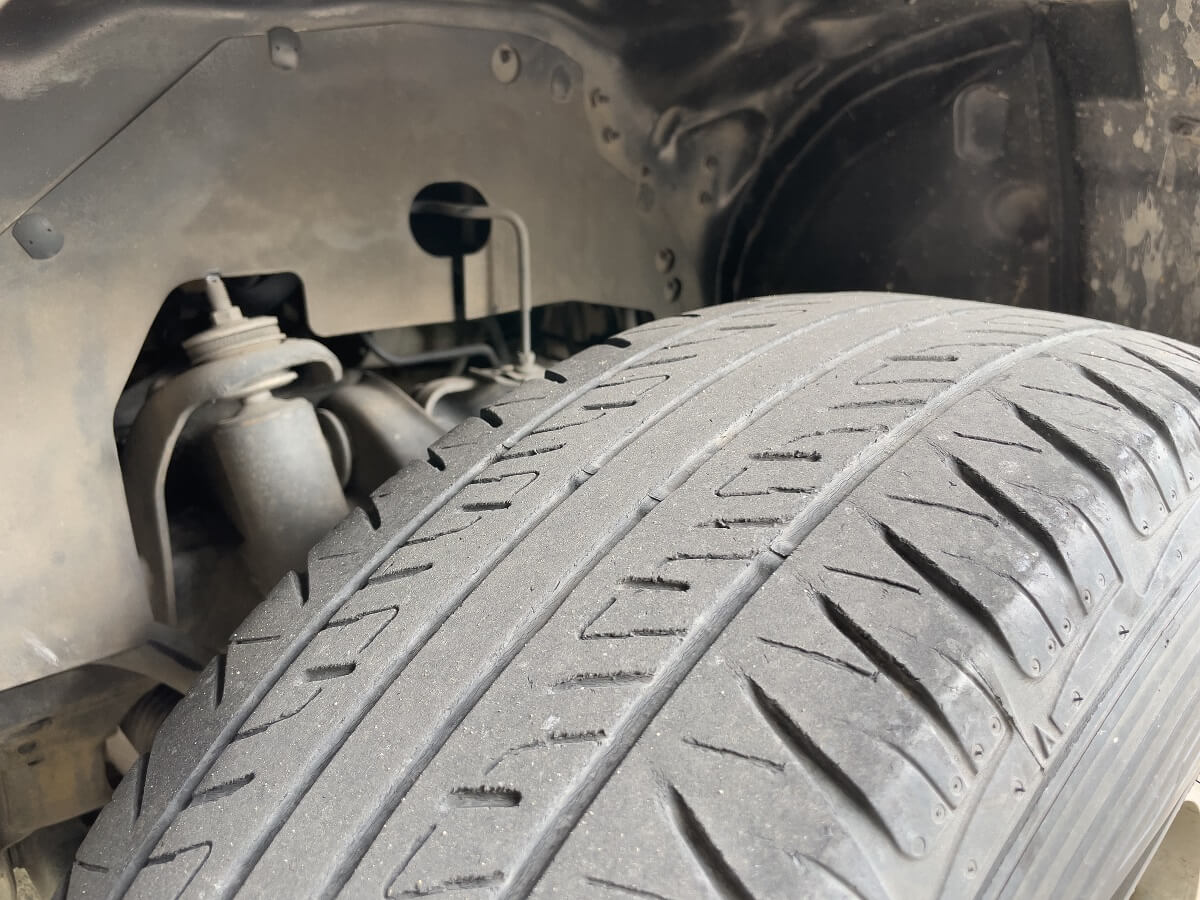In a car, the battery serves an essential purpose. Primarily, the battery’s role is to provide power to start the engine, power up the engine management computer, as well as any accessories while the engine is off.
Once the engine is running, the battery is recharged from the alternator, and the battery also serves as a voltage regulator, absorbing and correcting dips and spikes in the alternator output voltage as devices are turned on and off.
Because the battery is such a critical component, it’s absolutely vital that it’s in good condition. Many tests involve special equipment such as a battery load tester, or a multimeter. Your local Tyrepower store has these tools and can perform a battery and charging system health test.
There are some checks you can do at home to gauge whether or not your battery needs to be looked at by a professional.
DIY Battery Checks
If you’re uncomfortable with opening the bonnet or the battery compartment on your car, there is no reason to step outside of your comfort zone. Many things inside an engine bay can be hot, have sharp edges or contain hazardous materials. However if you’re already under there while cleaning your vehicle or whatnot, here are a few things to look out for when it comes to batteries.
Visual Inspection
Take a moment to look at your battery. Most signs of battery trouble will have some kind of visual indication.
Is the battery dirty? Dirt on the surface of a battery (particularly sandy or salty dirt) will actually cause a small voltage to travel between the battery terminals. It’s safe to rinse this off with some plain water.

Do the battery terminals (connectors) have corrosion or some kind of funky build up on them? Corrosion and the dreaded whitish-blue build up is a sign that your battery is leaking, which may indicate that a faulty alternator is overcharging it. Another common cause of leakage is the battery getting too hot thanks to other vehicle modifications or a physically damaged battery.
Physical Inspection
Without pulling the tools out, there are a few physical checks you can do for your battery. Firstly, ensure your hands are clean and dry.
Give your battery a wobble and see if it’s loose. Unless specifically designed, batteries do not handle vibrations very well at all, and a loose battery can rattle around its mounting and crack, potentially leaking.
While you’re checking your battery, ensure the leads are attached securely. Any loose leads can cause issues starting your vehicle, and contribute to potential electrical gremlins.
Other Battery Warnings Signs
An old or damaged battery can result in sluggish starting performance, particularly on cold mornings. If your vehicle is difficult to start, a battery diagnostic check is often a simple and quick task to determine your battery performance.
Many modern vehicles have on-board diagnostics and will flash up a warning light on the dashboard if the car detects any irregular behaviour.
Typically a battery warning light can be triggered by any of the following reasons:
- Battery not charging at all
- Battery overcharged
- Alternator charge voltage too high
- Alternator charge voltage too low
- A possible wiring fault
All of these conditions will significantly affect the reliability and durability of your vehicle, so if you ever experience a battery warning light, be sure to book your vehicle in to see the expert team at your local Tyrepower today!



























